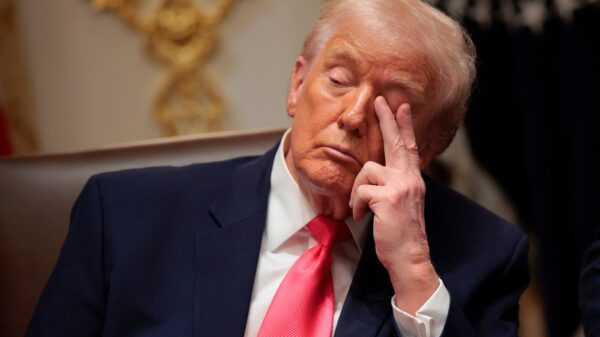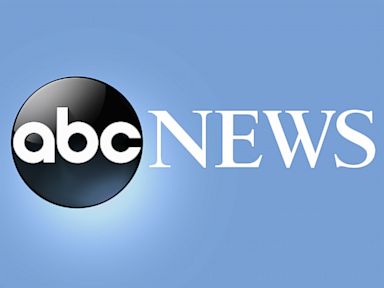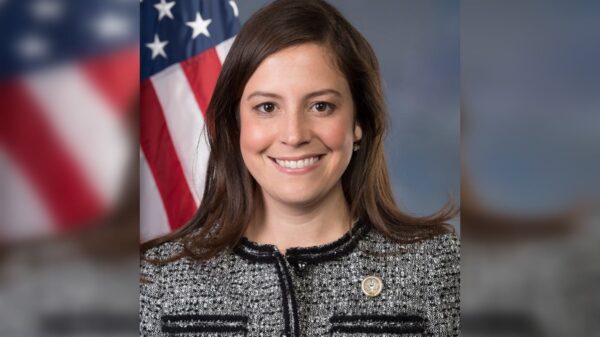In a striking contrast to the recent accolades received by American scientists, the Trump administration is intensifying its scrutiny of U.S. universities. Over a span of three days, six scientists affiliated with public universities in the United States were awarded Nobel Prizes, including those from the prestigious University of California system. This celebration of academic achievement coincides with President Donald Trump’s ongoing campaign against institutions of higher learning, which he claims are failing to uphold free speech and manage student conduct.
Among the Nobel laureates, immunologists Mary Brunkow and Fred Ramsdell shared the Nobel Prize in Medicine with Japan’s Shimon Sakaguchi. Both Brunkow and Ramsdell have strong ties to California universities, with Ramsdell earning his degrees from the University of California at San Diego and Los Angeles. This highlights the significant role that California’s educational system plays in scientific advancement.
Funding Cuts and University Concerns
Trump’s approach to universities has raised concerns about funding and academic independence. He has proposed cuts to federal grants, including an attempt to freeze approximately $584 million in funding for the University of California, Los Angeles (UCLA). This initiative is part of a broader strategy where Trump frames these budget cuts as a means to “save taxpayer money.”
In the realm of physics, three more Nobel Prize winners, including American John Martinis, who completed all his degrees at Berkeley, also have ties to California institutions. They were recognized for their groundbreaking work on “macroscopic quantum mechanical tunneling and energy quantization in an electric circuit.” This highlights a consistent trend of excellence in research emanating from these universities.
Amid these celebrations, the threat of budget cuts looms large. California lawmakers are responding by considering a $23 billion bond measure for the 2026 ballot aimed at compensating for lost federal funding. If approved, this measure would allow California to fund its scientific research independently of federal support, potentially bypassing the National Institutes of Health (NIH), the largest medical research funder globally. This shift would significantly alter the landscape of research funding in the United States.
Impact on Research and Collaboration
The potential loss of federal funding has already affected multiple campuses within the University of California and California State University systems, with at least 24 campuses reporting a loss of NIH training grants. This situation raises alarm bells not only within California but also in neighboring states, where Washington and Oregon have formed a coalition to assess scientific data and recommend policies regarding vaccines.
The implications of Trump’s policies extend beyond California, potentially impacting research capabilities across the nation. As states consider alternative funding mechanisms, other regions may follow California’s lead, creating a fragmented approach to scientific research that could hinder collaboration and progress.
As the nation grapples with these changes, the ongoing discourse surrounding higher education and its funding reflects deeper societal divisions. The tension between political agendas and academic freedom continues to intensify, prompting concerns about the future of research and education in the United States.
In summary, the juxtaposition of Nobel Prize achievements against the backdrop of political challenges illustrates a critical moment for American universities. As Trump’s administration continues to target these institutions, the academic community must navigate the complexities of funding, governance, and the pursuit of knowledge amidst political pressures.








































































